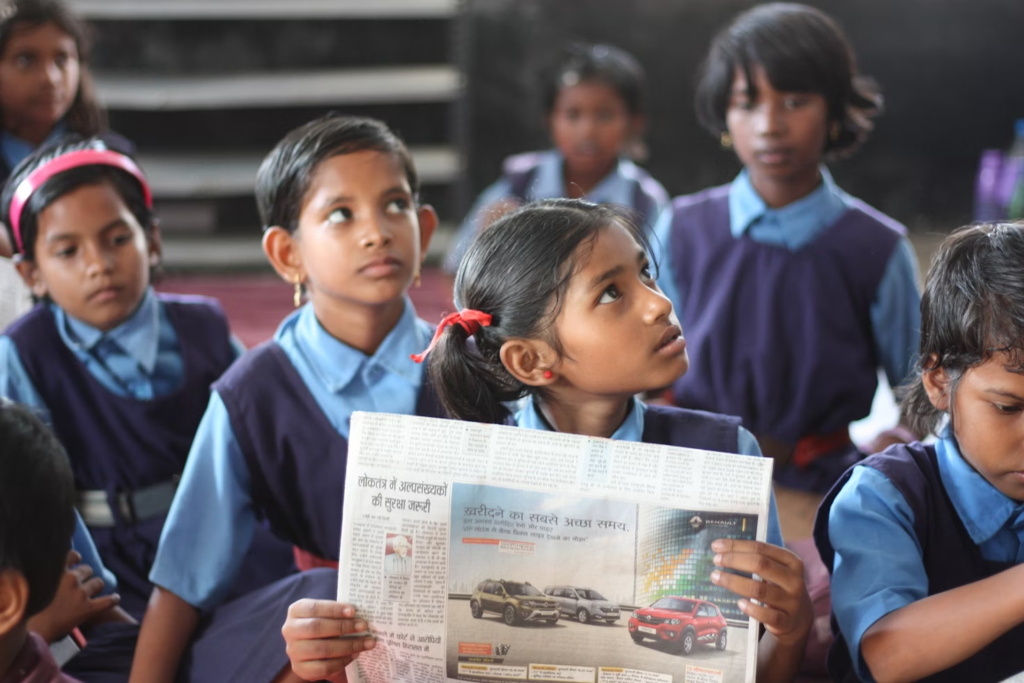Menstruation is a natural process, yet in many parts of the world, it remains shrouded in stigma around periods. This cultural stigma, often rooted in taboos and misinformation, affects not only the way menstruation is perceived but also how it is experienced. It can lead to feelings of shame and embarrassment among young girls, impacting their school attendance, participation in sports, and overall mental health. Tackling this stigma requires education, open dialogue, and a shift in societal norms to ensure every individual can experience menstruation with dignity and confidence.
Creating Safe Spaces for Open Dialogue
Encouraging open conversations about menstruation in both schools and communities is vital to dismantling the existing stigma. Community leaders, teachers, and parents play a crucial role in setting an example of acceptance and understanding. When girls feel supported and able to talk about their periods without embarrassment, they are more likely to take care of their menstrual health and feel empowered. Initiatives like feminine hygiene donation drives and menstrual hygiene awareness campaigns are instrumental in addressing the lack of access to sanitary products and ensuring that menstruators feel valued and cared for during their monthly cycles.
Transforming Perspectives Through Menstrual Education Programs
Effective menstrual education programs are foundational in shifting societal perceptions and combating the stigma surrounding menstruation. By incorporating comprehensive menstrual health education into school curriculums, students are exposed to accurate, science-backed information about menstrual cycles, the biological process, and effective hygiene practices. These programs serve to normalize menstruation, allowing students to learn how to manage their health with dignity and confidence. Furthermore, educational initiatives can include the psychological and social aspects of menstruation, helping to address the emotional challenges many girls face. By encouraging open dialogue about menstruation in schools, these programs also provide a platform for addressing misinformation and cultural myths, promoting a more inclusive and informed society.
A Global Challenge
The stigma around menstruation is not just an issue in one region: it’s a global challenge. Countries like India, Pakistan, and in various parts of Latin America and Africa, young girls and women often experience similar challenges. Many face difficulties accessing sanitary napkins and are burdened by the silence surrounding menstruation. Initiatives such as the menstrual hygiene awareness campaign in places like Toms River and Lakewood, NJ, help raise awareness, providing the necessary tools and support for young girls to feel empowered and informed about their menstrual health.
Join the Movement for Change
It’s time to break the silence and eliminate the shame around menstruation. As teenage sisters, Nishka and Kaanchi Utpat, we started Utpat Foundation to shine a light on the issues faced by preteens and teenage girls—ranging from feminine hygiene and menstruation to education and beyond. If you’d like to sponsor or join us in our efforts, contact us.

